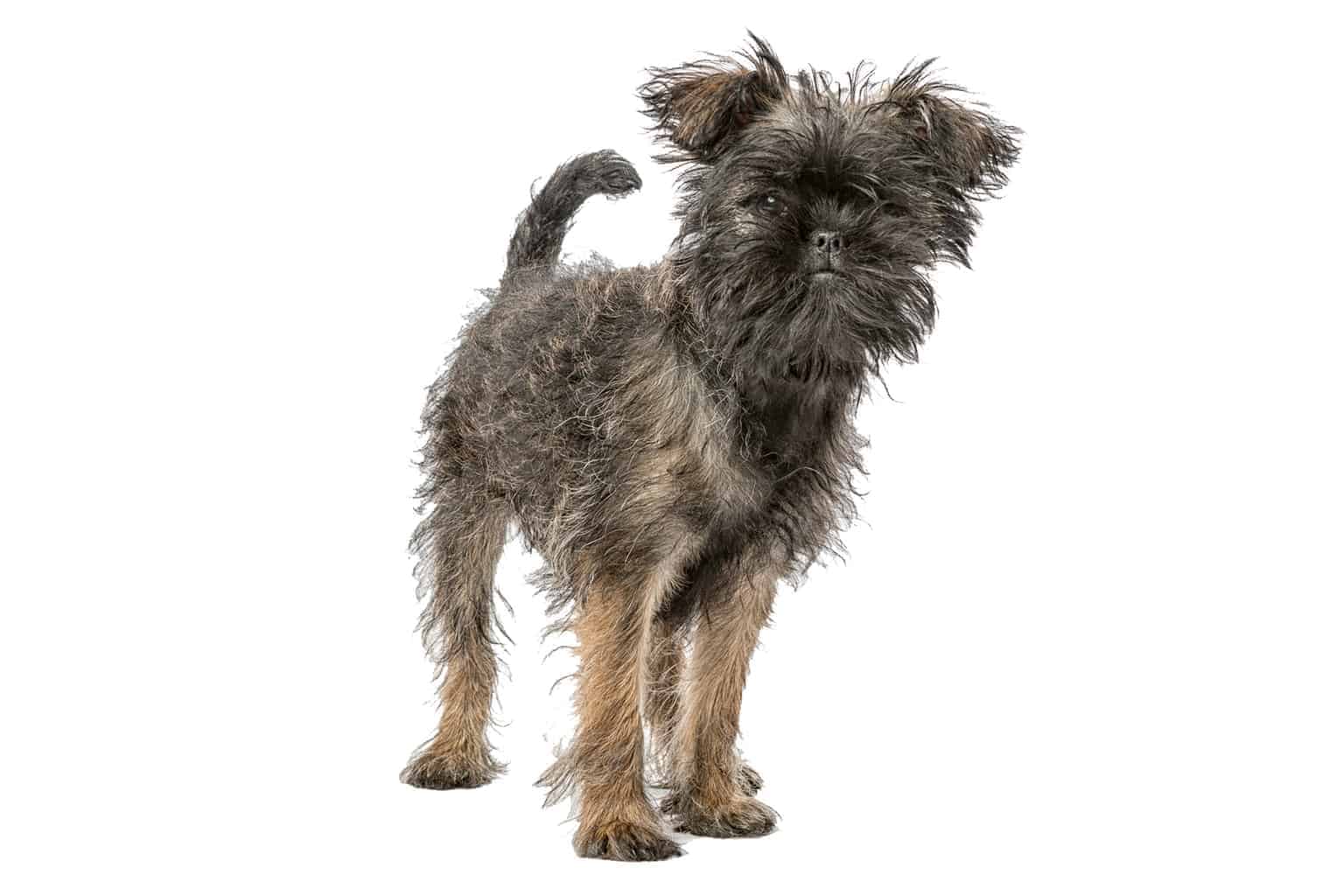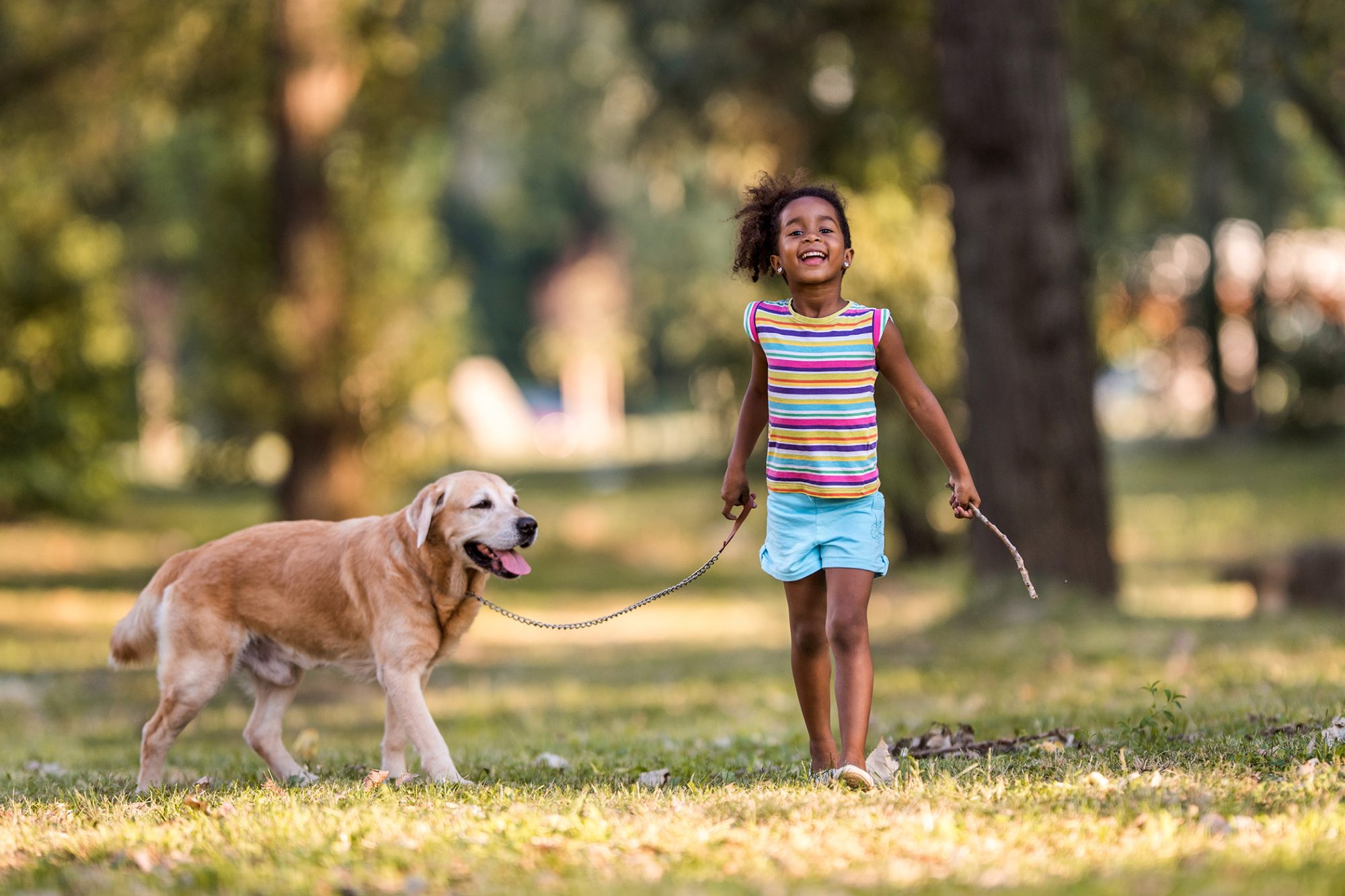
This article will help you find a quiet breed of dog. We'll be discussing the French Bulldog, Shih Tzu and Basenji in this article. While each dog is unique, they share one thing in common: they don't like being left alone for too long. This is why you will want to make sure they are with you at all times.
Shih Tzu
Shih Tzus are a loving breed of dog and can be very friendly with children. This breed can handle the high energy of young children, making it a great choice for apartment dwellers or people without a yard. While many Shih Tzus are gentle and calm, some will dig holes or chase cats.
The Shih Tzu dog is extremely intelligent and can be trained. You can teach your Shih Tzu commands faster than they will learn. They are also very sociable and love to go for walks and play with other dogs.
English Toy Spaniel
Although the English Toy Spaniel may be a small and quiet breed, it is very active. These dogs enjoy yard play and moderate exercise. However, they don't like heat. In fact, English Toys should be kept inside in extremely hot weather. This breed enjoys being outside but needs to get at least an hour of exercise every day.
English Toy Spaniels will shed a little but not too much. Although they won't shed much, you will still need to brush their hair and bathe them once a week. Their ears will also need to be checked on a weekly schedule. A monthly nail trim is recommended, as well as regular dental care.
French Bulldog

French Bulldogs have a compact, small size, with strong bones, long legs, large forelegs and a round, short body. Although this breed is stubborn, it can be trained and rewarded with food. This breed is also known to snuffle and gassy, which can be uncomfortable for owners. French Bulldogs have a flat, brachycephalic head with wrinkled skin around their muzzle.
The French Bulldog is a friendly and affectionate dog. French Bulldogs, although they can be a bit temperamental in their early years, are generally calm and don't show aggression. They are affectionate and love to be with other dogs, but need lots of attention. Although they are difficult to train once socialized, this breed can be a delight to have around the home.
Basenji
A Basenji is one of the most intelligent dog breeds and can be quite independent at times. Basenjis are usually calm and quiet around humans, but they can be alert towards strangers. Basenjis, despite their independence, have a gentle nature and love spending time with children. They are not comfortable being approached from behind, but they will socialize with other dogs as well as people.
The small hound dog of central Africa is the basenji. The basenji has a smooth, short coat that doesn't shed much. The basenji has almond-shaped eyes and dark brown or hazel ears. It also has a curled tail. Basenjis are athletic, strong dogs that require lots of exercise to keep them happy and healthy.
Whippet
A Whippet is a calm breed that you might consider if you are looking for a quiet, gentle dog. This breed will not bark, but it will let you know if it's unhappy. It will also bark when it sees something it likes. Whippets make great pets for other pets. They also get along well when they play with children.
Whippets are small dogs, with dolichocephalic head and tapered snouts. Their snouts are powerful, with large jaws. Their eyes are oval-shaped or round, and they are far apart. They have small ears that are folded over their heads.
Shar-Pei

The quiet temperament of this breed is a hallmark, but they can also be susceptible to serious health problems. They are susceptible to IBD (inflammatory bowel disease) and various skin infections. These issues can be treated with medications or special diets.
Many Shar Pei owners love the calm behavior of their dogs. They don’t bark and are not high-strung so they won’t bother you or others. Borzoi on the other side has a long, attractive body that is fascinating to look at. Although it does not bark, it is one of the fastest dog breeds in the world.
Japanese Chin
Japanese Chins can be a quiet, small-sized dog. They can pick up on owners' moods and are sensitive. Although they are often reserved and quiet around new people or situations, they can also be playful as well as outgoing. A Japanese Chin is a great choice if you are looking for a quiet, affectionate dog.
The Japanese Chin is a lovely, friendly dog with an adorable personality. This breed does not require much exercise and is good with other pets. These dogs need very little grooming, and they require only moderate exercise.
FAQ
What type of food should I give my dog to eat?
You should feed your dog a healthy diet.
Chicken, beef, eggs and dairy are some of the protein-rich foods.
Other foods high-carbohydrate include fruits, vegetables (including bread), cereals, pasta, potatoes, rice, and beans.
Lean meats, poultry and fish are all low in fat, as well as nuts, seeds, whole grains and whole grains.
Always consult your veterinarian before feeding your dog different types of foods.
What's your favourite pet?
The best pet is one that you love. There is no one right answer. Each person will have his or her own opinion on which pet is best.
Some people believe that cats are better than dogs. Others argue that dogs are more loyal to their owners and more affectionate. Still, others argue that birds are the best pet.
However, no matter what pet you choose to have, you need to decide which pet is best for you.
If you are friendly and outgoing, a dog might be the right choice. Cats are best suited for shy people who are reserved.
Also, consider the size of your apartment or house. A smaller apartment means you'll need a less large pet. You'll need more space if you have a larger home.
Remember, pets need lots and lots of attention. They require regular food. They should be taken on walks. You should also brush and clean them.
These are the things that will help you choose the right pet for you.
What are some signs that my dog might be sick?
There are many symptoms that indicate that your dog is sick. These symptoms include:
-
Vomiting
-
Diarrhea
-
Lethargy
-
Fever
-
Weight loss
-
Reduction in appetite
-
Coughing
-
Difficulty breathing
-
Bleeding from your nose
-
Stool or urine contaminated with blood
These are just a handful of examples. Your vet will be able to tell you what to watch out for.
How to Make Your Pet Happy
Pet owners often wonder about how to make their pets happy. Some people buy toys, treats, and even clothes for their pets. Some pets are not fond of certain things so this may not work every time. Some dogs can't stand sweaters.
It is important to find out why your pet doesn’t like something before you purchase it. You might find that your pet likes different types of food than you. Perhaps he is allergic to shoes.
Another tip is playing games with your pet. A ball or a frisbee are good options. It can be thrown around the room. You can also throw it into the air and let him chase it. You both will have a lot of fun playing this game. It's enjoyable and relaxing.
Another good idea is to give your pet a bath once every week or two. Bathing your pet helps get rid of dead skin cells. It keeps him smelling fresh.
It is also vital that your pet stays healthy. Don't let him eat junk food. Give him high-quality, nutritious food. Get him plenty of exercise. Take him for a walk, or play fetch.
Spending time with you will be a treat for your pet. Most pets would rather spend time with their owners than be alone.
Don't forget to show unconditional love for your pet. Do not yell at or hit your pet. Be patient with him. Never leave him alone.
What are your responsibilities as a pet owner?
A pet owner must be devoted to their pet. They must provide for their basic needs like shelter, water and food.
They should teach them good behavior. You should never neglect your pet.
He must also be responsible enough for it and clean it up.
Statistics
- It's among a relatively few companies that provide policies with a full (100%) coverage option, meaning you are not responsible for any co-payment of bills. (money.com)
- Here's a sobering reality: when you add up vaccinations, health exams, heartworm medications, litter, collars and leashes, food, and grooming, you can expect a bill of at least $1,000 a year, according to SSPCA. (bustle.com)
- A 5% affiliation discount may apply to individuals who belong to select military, law enforcement, and service animal training organizations that have a relationship with Nationwide. (usnews.com)
- * Monthly costs are for a 1-year-old female mixed-breed dog and a male domestic shorthair cat less than a year old, respectively, in excellent health residing in Texas, with a $500 annual deductible, $5,000 annual benefit limit, and 90% reimbursement rate. (usnews.com)
- Reimbursement rates vary by insurer, but common rates range from 60% to 100% of your veterinary bill. (usnews.com)
External Links
How To
How to teach a cat how to use the litterbox
While litter boxes can help reduce your pet's waste, they may not work well for cats. They are too small, or even wrong, for cats to feel comfortable in. In fact, they could end up spilling the waste all over the place and just leave it there.
Here are some suggestions to help ensure you have the best success with teaching your cat how to use the litterbox.
-
Make sure the box has enough space for your cat to comfortably stand up straight inside without having to crouch down.
-
It's best to place it where your cat would go outside.
-
Allow your cat to drink water during his regular routine of going to the bathroom. This will help reduce stress and anxiety about him using the box.
-
You should avoid sudden movements and noises, especially if your cat is already used to being outside.
-
Once he has gotten used to it, praise him when he uses it correctly. You may even consider giving him treats, but only after he has completed his business.
-
Do not force your cat to use the box. If he refuses, ignore him and let him go until he changes his mind.
-
Be patient! It can take several weeks before your cat starts using the box regularly, so don't worry if it takes longer than expected.
-
You should immediately contact your veterinarian if your cat is acting aggressively towards people or other animals. This could be a sign that your cat has a serious problem such as a kidney infection or a urinary tract condition.
-
Remember to clean up after your cat every day, including around the box.